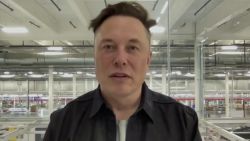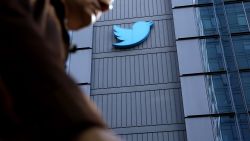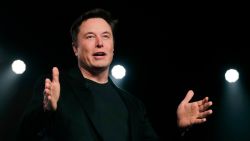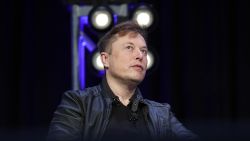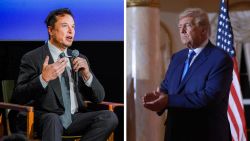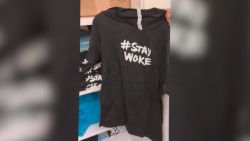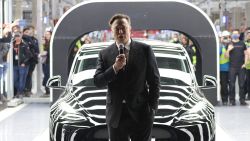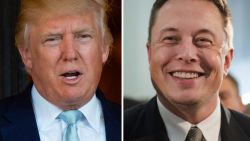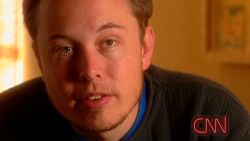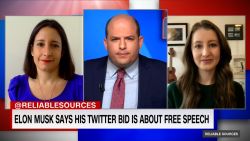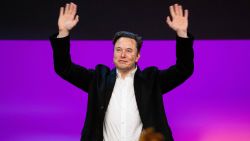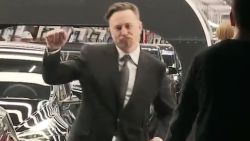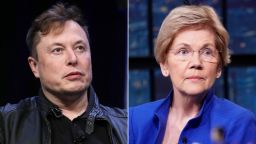Elon Musk has trained his Twitter guns on top Democrats such as Bernie Sanders and Elizabeth Warren. Now he’s going after Joe Biden.
Last week, after Biden praised General Motors’ announcement that it would invest $7 billion to build EV pickups and batteries in Michigan, Musk tweeted that the president was “a damp sock puppet in human form,” saying that Biden is “treating the American public like fools.”
In these hyper-partisan times, you’d think Musk’s rants might turn off the liberal buyers who would seem to be Tesla’s natural customers: Those who want an EV because of concerns about climate change and preserving the planet.
But Tesla buyers are probably more conservative than that assumption would suggest.
Surveys show Tesla shoppers are only slightly more likely to be Democrats than Republicans.
Surveys by research firm Morning Consult show that in January about 22% of Democrats were considering buying a Tesla, while 17% of Republicans were looking to purchase one. And that gap has been closing — Republican consideration of buying a Tesla has risen about 3 percentage points just since December’s survey. And Republicans are slightly more likely to trust the Tesla brand, 27% compared to 25% among Democrats.
“The customer base is not significantly skewed towards Democrats,” said Lisa Whalen, Morning Consult’s auto and mobility analyst.
New vehicle registration data from IHS Markit suggest that “blue” states - those that voted for Biden over Donald Trump - are more likely to have a higher share of EVs than “red” states. But many of those red states are very rural and have a high percentage of pickup truck registrations, and EV pickups are still virtually nonexistant. Many of the more rural blue states also have low EV adoption rates. And some of the blue states have better incentives for EV buyers, such as state tax credits or the ability to drive in car pool lanes on highways.
Data from Strategic Vision, which has surveyed hundreds of thousands of car buyers, shows that since 2019, 38% of Tesla buyers have identified themselves as Democrats, and 30% have said they’re Republicans. That’s slightly less “liberal” than EV buyers overall, who skew 41% Democratic to 27% Republican.
“Republicans do buy Tesla, especially wealthy ones,” said Alexander Edwards, president of Strategic Vision.
Tesla buyers in general are very wealthy
EV buyers are more likely to be wealthy, especially with the price of most Teslas, by far the industry leader, significantly above the price of the average gas-powered car.
Buyers of electric vehicles have been able to claim a federal tax credit of up to $7,500. In 2019, the last year for which Tesla buyers qualified for at least a portion that credit, 163,000 EV purchasers filed to claim it.
Sales data from Tesla and other EV makers suggest the overwhelming majority of those receiving the tax credit were Tesla buyers. Figures from the Internal Revenue Service show that only 22% of those claiming the credit had adjusted gross income of $75,000 or less, while 32% earned between $100,000 and $200,000, and another 43% earned between $200,000 and $500,000. The remaining 4% earned more than $1 million.
The primary motivator to buy a Tesla is not because customers want to reduce greenhouse gases, Edwards said. His data show performance and styling are the biggest draws for most buyers.
“Your Prius buyers and Tesla buyers are not the same group,” he said. “The Tesla buyers are rich white males. They’re really about showing off a great sports car. So Elon is not concerned at all that people will stop buying his vehicles because he’s making fun of a Democratic president.”


